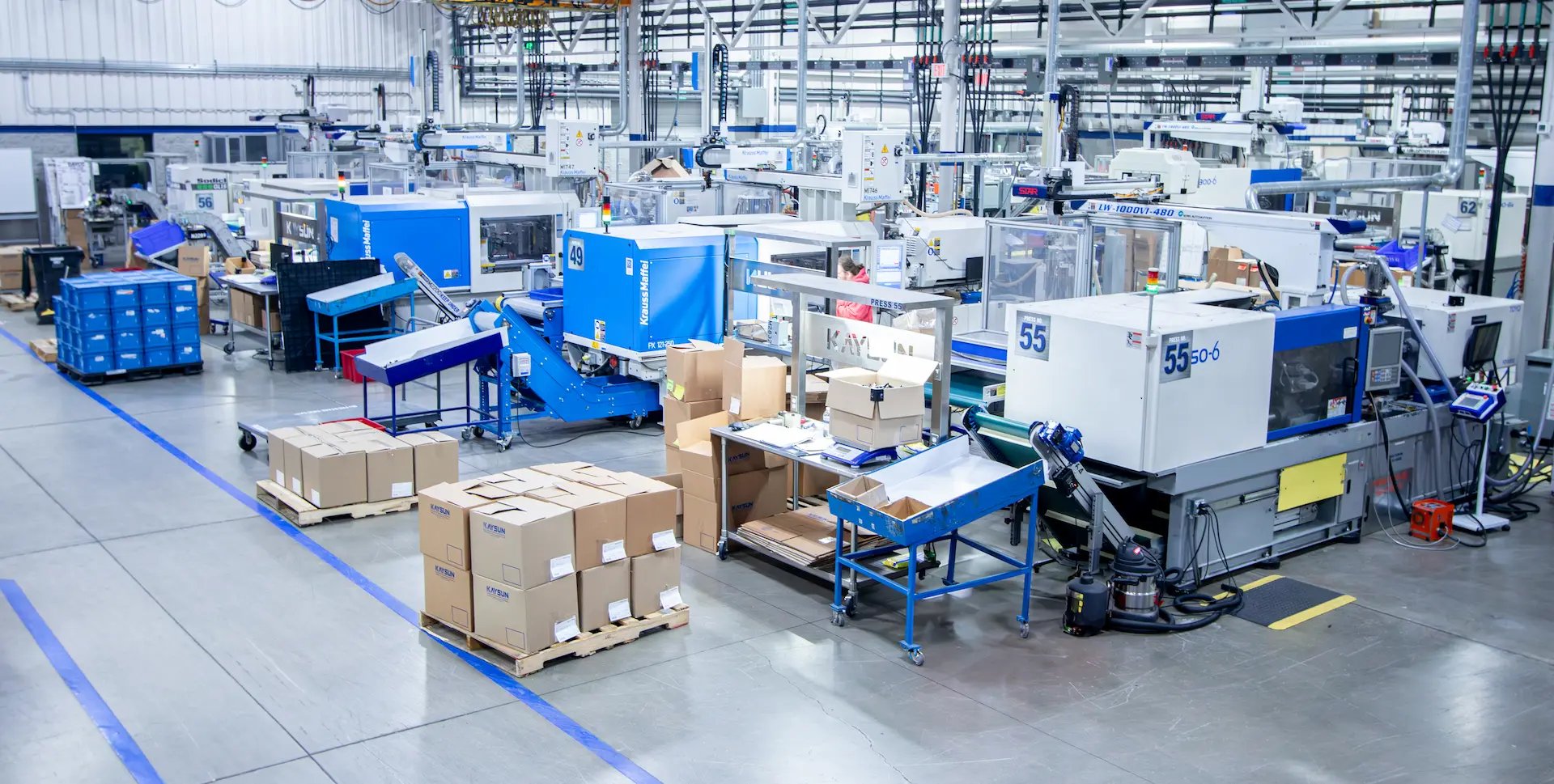
Offshoring vs. Reshoring Lowest Cost, Best Cost, And Total Cost Of Ownership
In 2020, 98% of global supply chains were devastated, expenses skyrocketed, and the hidden costs of offshoring were exposed.1
The expensive lessons of recent history haven’t been lost on U.S. manufacturers. In 2021, nearly 95% of CEOs favorably viewed reshoring to:
- Mitigate risk
- Solidify supply chain resiliency
- Implement sustainability initiatives
What makes decision makers wary about reshoring is the additional cost. Comparatively, reshoring carries a higher price point than offshoring — or does it?
Key Total Cost of Ownership (TCO) variables are often inadvertently overlooked in offshoring quotes that can skew actual expenses by as much as 30%.2
Offshoring vs. Reshoring: Lowest Cost, Best Cost, and Total Cost of Ownership reveals the potential hidden costs of offshoring, and provides a different perspective of the actual value of reshoring – all framed within the context of TCO.
Click below to read this informative quick-reference infographic.
SOURCES
1National Law Review, Reshoring as a Trending Choice for Manufacturers, August 2, 2022
2Reshore Now, Total Cost of Ownership Estimator | Reshoring Initiative, Undated
